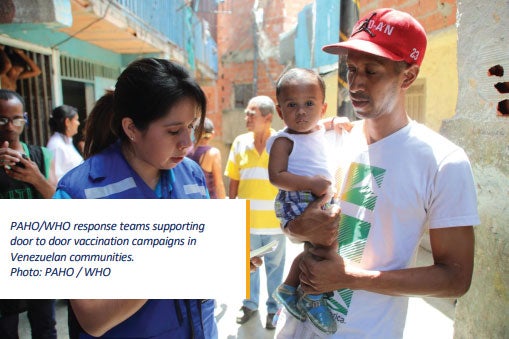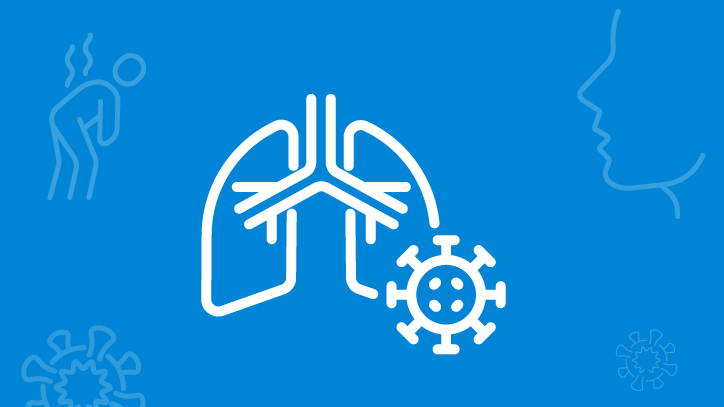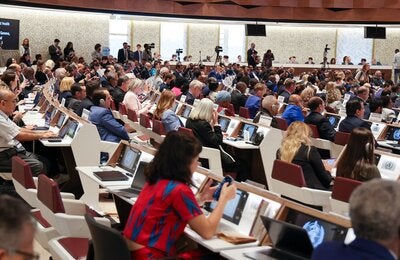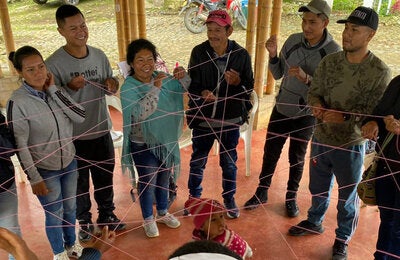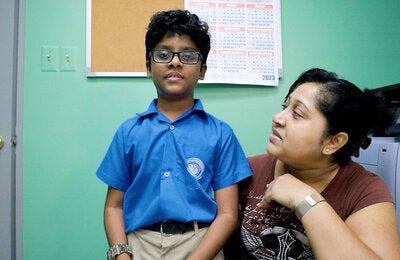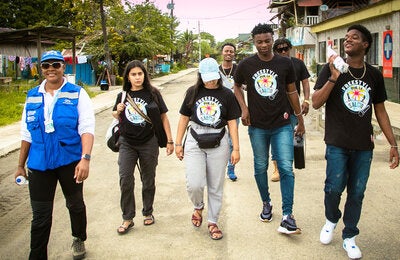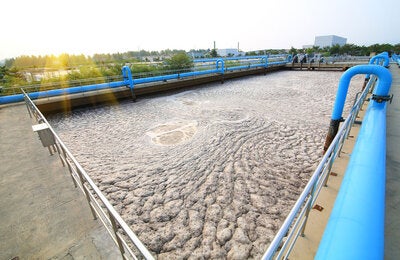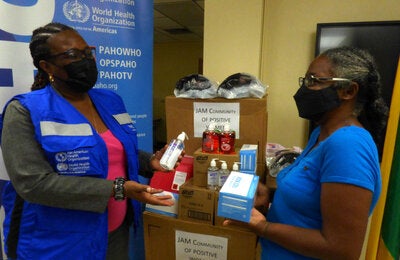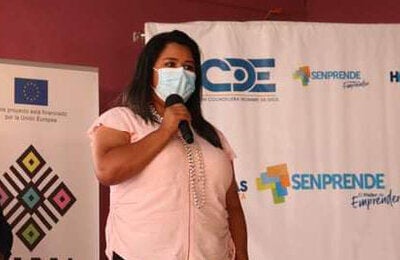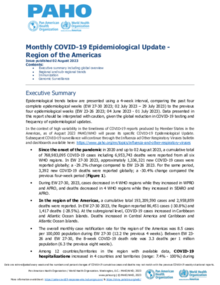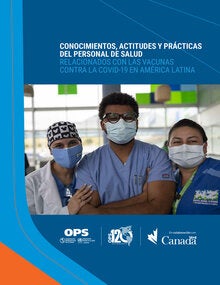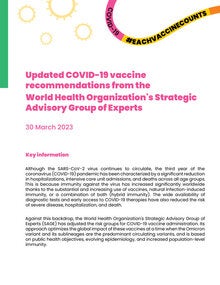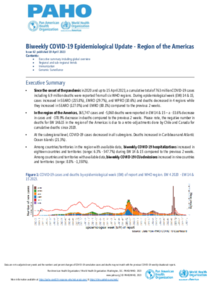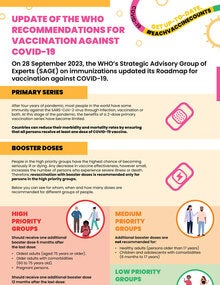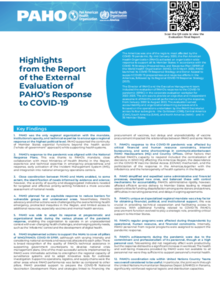CORONAVIRUS INFLUENZA, sars-COV2 AND ORV PANDEMIC AGREEMENT PANDEMIC PREPAREDNESS
Following an outbreak of a novel Coronavirus (COVID-19) in Wuhan City, Hubei Province of China, rapid community, regional and international spread has occurred with exponential growth in cases and deaths. On 30 January 2020, the Director-General (DG) of WHO declared the COVID-19 outbreak a public health emergency of international concern (PHEIC) under the International Health Regulations (IHR) (2005). The first case in the Americas was confirmed in the USA on 20 January 2020 and Brazil reported the first case for Latin America and the Caribbean on 26 February 2020. Since then, COVID-19 has spread to 50 countries and territories in the Americas.
On 4 May 2023, the WHO Director-General concurred with the advice offered by the IHR Emergency Committee regarding the COVID-19 pandemic. COVID-19 is now an established and ongoing health issue which no longer constitutes a public health emergency of international concern (PHEIC).
However, COVID-19 still represents a global health threat. We should not let down our guard, is important to keep vaccinating vulnerable groups and strengthen surveillance. It is also time to focus on preparing better for future emergencies and rebuilding better for a healthier and sustainable future. View WHO statement
WHO Member States agreed to establish a future pandemic agreement
WHO Member States agreed to establish an Intergovernmental Negotiating Body (INB) to draft and negotiate a new convention, agreement, or other international health instrument to strengthen pandemic prevention, preparedness, and response. The instrument is expected to help ensure that health personnel worldwide are better equipped for the next pandemic, and that the production and distribution of vaccines and other medical products is more equitable. It also aims to ensure effective early detection and response measures against potential pandemic pathogens, and to improve the response capabilities of health, laboratory and research services, among other objectives.
This Member State-led process is facilitated through the Working Group on Amendments to the International Health Regulations (2005) (WGIHR), which runs in parallel to the INB.
PAHO has convened two Regional meetings to to ensure that the most relevant national authorities are adequately informed regarding the INB and WGIHR key components, documents, deliberations, expected results, and to offer Member States elements for a meaningful participation in both processes.
Report of the External Evaluation of PAHO’s Response to COVID-19
An independent evaluation was commissioned to assess the Pan American Sanitary Bureau’s overall performance between January 2020 and August 2022 regarding its preparedness for and response to the COVID-19 pandemic. The final report of this external evaluation presented eight evidence-based recommendations for action to strengthen PAHO’s future response to health emergencies.
Read this 2-page document highlighting key findings recommendations, and conclusions.
Action Plan for Implementation of Recommendations from the Evaluation of PAHO's Response to COVID-19. IREP-C19
The proposed plan includes the methodology, key actions, expected results, and responsible entities for implementing these recommendations. Consult the Action Plan from the Implementation of Recommendations from the Evaluation on PAHO’s Response to COVID-19 (IREP-C19) for further details.
The IREP-C19 Action Plan results from coordinating subgroup leads, co-leads, and focal points’ active participation and contribution across the Organization.
The Region of the Americas (AMRO) Region faces multifaceted health and humanitarian challenges and is extremely vulnerable to natural hazards, particularly climate-driven disasters including hurricanes, floods, and droughts. These events pose significant challenges to health facilities, including infrastructure damage, contamination of water supplies, and the disruption of health services, leading to increased vulnerability to diseases and other health emergencies. The health assistance priorities in the region of the Americas for 2024 revolve around strengthening local health systems to ensure access to essential healthcare services, and to support capacities to rapidly and adequately respond to health emergencies.





